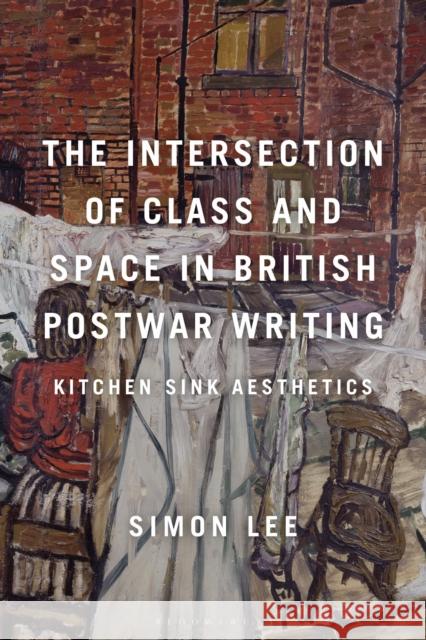The Intersection of Class and Space in British Postwar Writing: Kitchen Sink Aesthetics » książka
topmenu
The Intersection of Class and Space in British Postwar Writing: Kitchen Sink Aesthetics
ISBN-13: 9781350193093 / Angielski / Twarda / 2023 / 272 str.
The Intersection of Class and Space in British Postwar Writing: Kitchen Sink Aesthetics
ISBN-13: 9781350193093 / Angielski / Twarda / 2023 / 272 str.
cena 416,30
(netto: 396,48 VAT: 5%)
Najniższa cena z 30 dni: 412,91
(netto: 396,48 VAT: 5%)
Najniższa cena z 30 dni: 412,91
Termin realizacji zamówienia:
ok. 22 dni roboczych.
ok. 22 dni roboczych.
Darmowa dostawa!
Kategorie:
Kategorie BISAC:
Wydawca:
Bloomsbury Publishing PLC
Język:
Angielski
ISBN-13:
9781350193093
Rok wydania:
2023
Ilość stron:
272
Waga:
0.45 kg
Wymiary:
23.39 x 15.6 x 2.54
Oprawa:
Twarda
Wolumenów:
01
Dodatkowe informacje:
Bibliografia
Obwoluta
Obwoluta











